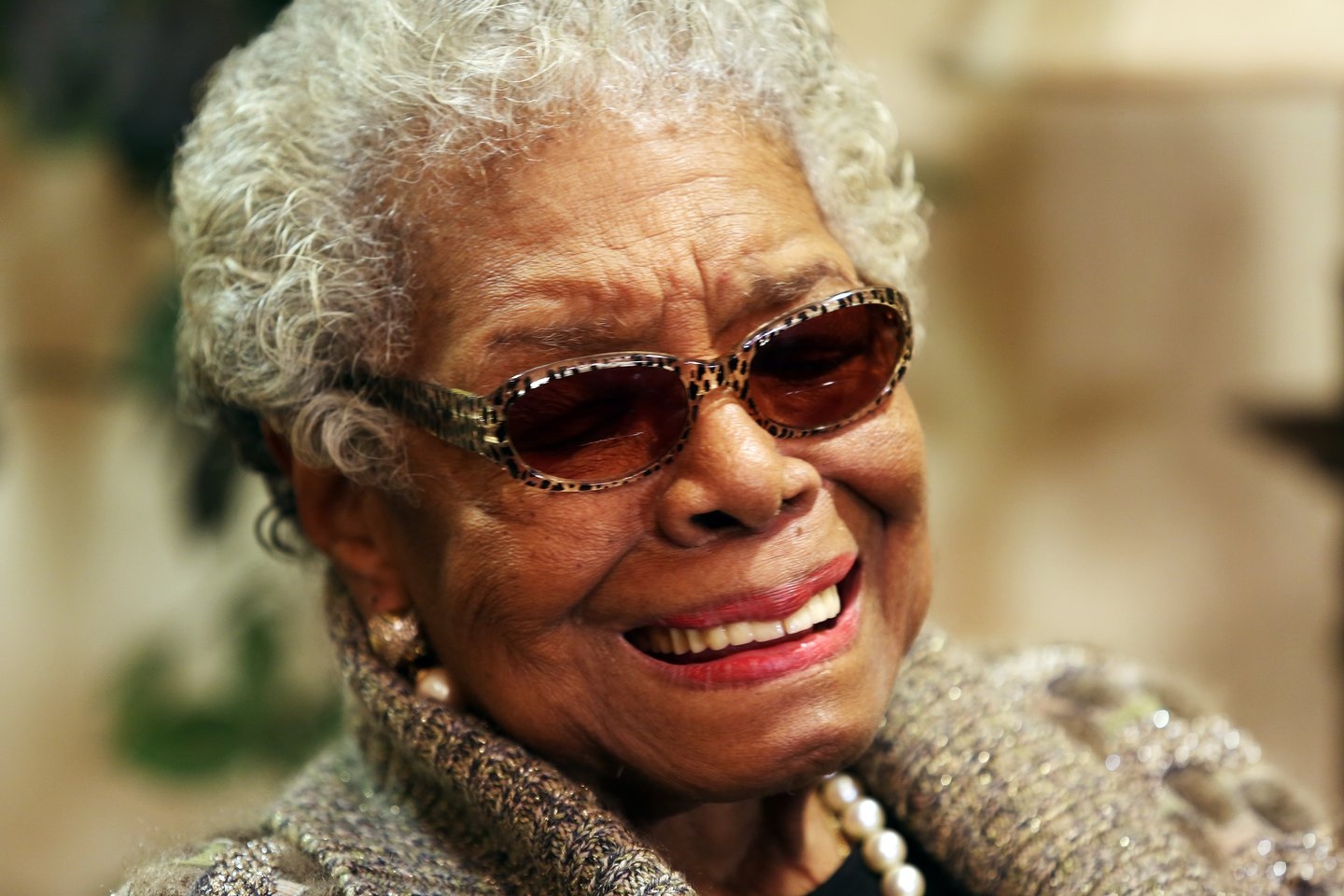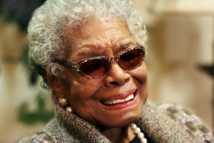Another leading US writer, Toni Morrison, attacked the changes and warned it was wrong to divide literature into "nationalistic categories".
Three leading examination boards have added Meera Syal's "Anita and Me" and Kazuo Ishiguro's "Never Let Me Go" to the list of books to be studied, in place of Harper Lee's classic "To Kill a Mockingbird" and "The Crucible" by Arthur Miller.
Ishiguro was born in Japan but moved to Britain as a child.
Gove, already deeply unpopular among many teachers because of his plans to revamp their profession, has defended the changes, saying: "All we are doing is asking exam boards to broaden -- not narrow -- the books young people study for GCSE."
Syal's "Anita and Me", first published in 1997, is typical of the new books to be included. It tells the story of a Punjabi girl's relationship with her English neighbour as they grow up in a village in Britain's industrial heartland in the 1970s.
In the week that Angelou died, the new syllabus issued by examination board Eduqas, omits "I Know Why the Caged Bird Sings" in favour of Syal's book.
The head of GCSE and A-Level reform at the OCR examination board, Paul Dodd, said "Of Mice and Men" was studied by 90 percent of pupils taking English literature in the past.
"Michael Gove said that was a really disappointing statistic," Dodd said.
"In the new syllabus 70-80 percent of the books are from the English canon."
Morrison, who won the Pulitzer Prize in 1988 for her novel "Beloved" and was made Nobel Laureate in 1993, was asked about the syllabus changes when she attended the Hay Festival of Literature this week
"I tell you, (they) will regret it," she said.
"It may be that the academies will catch up with the artists who write literature, and it won't have these nationalistic categories and so on. So that you'll (just) have literature."
---------------------------------------------------------------------------------------
Three leading examination boards have added Meera Syal's "Anita and Me" and Kazuo Ishiguro's "Never Let Me Go" to the list of books to be studied, in place of Harper Lee's classic "To Kill a Mockingbird" and "The Crucible" by Arthur Miller.
Ishiguro was born in Japan but moved to Britain as a child.
Gove, already deeply unpopular among many teachers because of his plans to revamp their profession, has defended the changes, saying: "All we are doing is asking exam boards to broaden -- not narrow -- the books young people study for GCSE."
Syal's "Anita and Me", first published in 1997, is typical of the new books to be included. It tells the story of a Punjabi girl's relationship with her English neighbour as they grow up in a village in Britain's industrial heartland in the 1970s.
In the week that Angelou died, the new syllabus issued by examination board Eduqas, omits "I Know Why the Caged Bird Sings" in favour of Syal's book.
The head of GCSE and A-Level reform at the OCR examination board, Paul Dodd, said "Of Mice and Men" was studied by 90 percent of pupils taking English literature in the past.
"Michael Gove said that was a really disappointing statistic," Dodd said.
"In the new syllabus 70-80 percent of the books are from the English canon."
Morrison, who won the Pulitzer Prize in 1988 for her novel "Beloved" and was made Nobel Laureate in 1993, was asked about the syllabus changes when she attended the Hay Festival of Literature this week
"I tell you, (they) will regret it," she said.
"It may be that the academies will catch up with the artists who write literature, and it won't have these nationalistic categories and so on. So that you'll (just) have literature."
---------------------------------------------------------------------------------------









 Home
Home Politics
Politics











